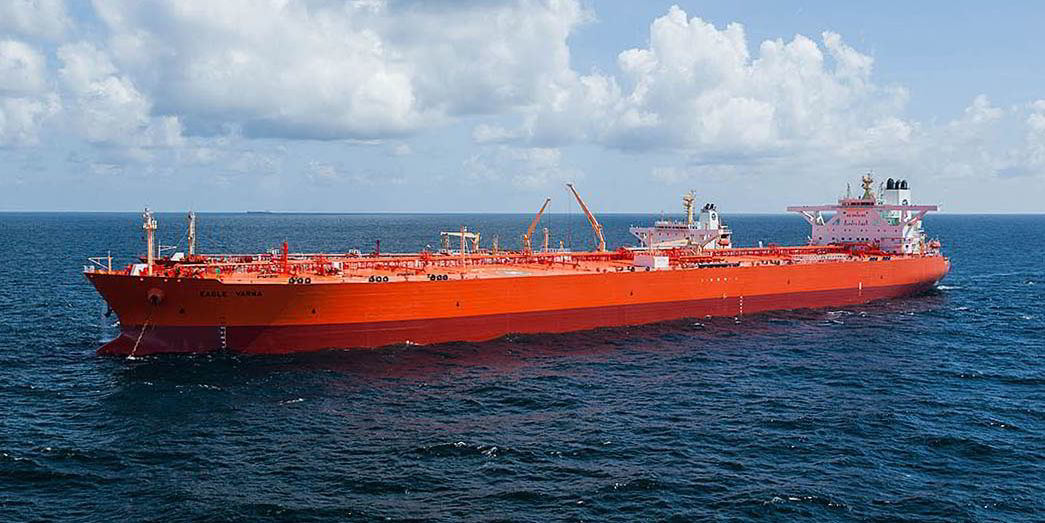Hopes for a rebound in crude tanker markets got some help from the International Energy Agency, which sees crude oil demand growth resuming over the next three months.
In its October Oil Market report, the Paris-based organisation said “year on year (oil demand growth) should rebound somewhat” in the fourth-quarter. Oil demand growth remains a key indicator for many tanker companies as to how much new vessel supply can be absorbed.
Oil demand growth is expected to reach 1.4 million barrels per day in the current quarter, compared to 1.3 million barrels per day a year earlier.
That fourth-quarter forecast would be a sharp rise from the just completed third quarter, which saw oil demand growth plummet below 1 million barrels per day during the third quarter.
The IEA largely blamed a slowdown in Chinese oil demand for the weak growth during the last quarter. China has been a key market for tankers this year thanks to the continued filling of its strategic petroleum reserve, as well as imports from the country’s “teapot” refineries.
The IEA said some of the slowdown may been “temporary due to forced factory closures ahead of September’s G20 meeting in Hangzhou.”
Dirty tanker rates, which plummeted to near two-year lows during the third quarter, have been moving higher over recent weeks.
The Baltic Exchange’s assessment for earnings on very large crude carriers (VLCCs) topped $30,000 per day on Tuesday, the highest level seen since June. Suezmax tanker earnings are also at a three-month high of $20,000 per day, according to Baltic assessments.
But products tankers may not be setting up for much of a rebound as the IEA said global refinery throughout, a key measure of how much refined products will be in the market, will be essentially flat at 1.1 million barrels per day.
Rates for clean tankers reflect the weakness in refined products demand. The Baltic’s assessment of earnings for medium-range (MR) tankers in the Atlantic Basin triangular is at an all-time low of $3,190 per day. Long-range 1 (LR1) tanker rates from the Middle East to Asia are at two-year lows of $3,800 per day, according to the Baltic.



